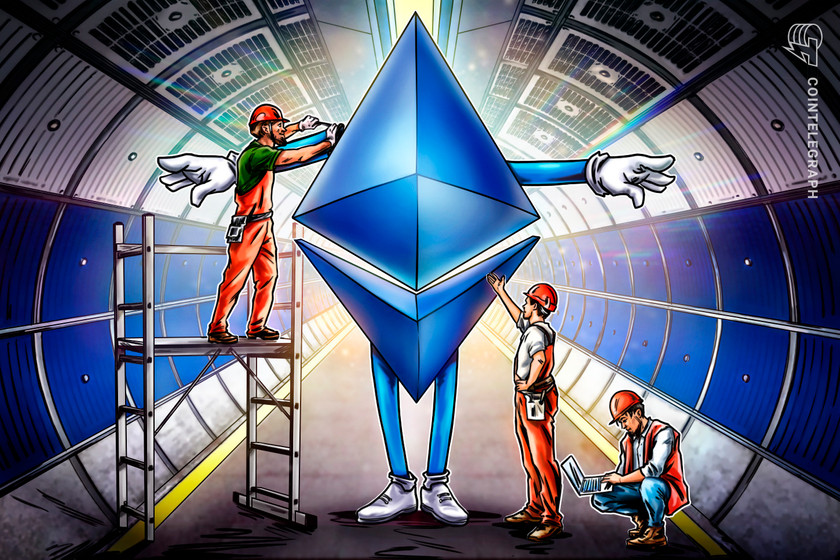Binance users support 0-fee trading despite CZ’s wash trading concerns


CZ is open to implementing the changes regardless of the challenges that a new system would bring, as he said, “Let’s see what the poll say. We listen to our users.”
Both traditional and crypto investors consider trading fees as one of the most significant liabilities when it comes to investing over exchanges. So no wonder when Changpeng “CZ” Zhao, the founder and CEO of Binance, asked investors about their interest in trading on the crypto exchange with no fees, the response was a resounding yes despite the inherent risks pointed out by the entrepreneur.
Binance stands as the biggest crypto exchange, outdoing its nearest competition FTX by 10x in terms of trading volume. CZ, known for implementing features based on community feedback, reached out over Twitter to gauge investor sentiment regarding the complete removal of trading fees.
0 fee trading @binance creates a few problems, wash trading, VIP tiers, etc. A thread
Do you still want it? 1/4.
— CZ Binance (@cz_binance) July 8, 2022
While 0-fee trading may seem ideal for investors, CZ pointed out some of the issues it may sprout in the process — one of them being wash trading. Wash trading, wherein a user makes a series of buys and sells to manipulate market activity, can be used to go up the VIP tiers on Binance.
Moreover, CZ stated that bringing 0-fee trading to the masses will require Binance to implement numerous safeguards, which include detection tools for identifying illegitimate trades. Each VIP tier is tied to certain trading benefits including lower trading fees. As a result, professional poker player Brian Rast asked, “So if there are no fees, why do you need VIP tiers?”


Over 30,600 investors voted on CZ’s poll at the time of writing — with around 65.5% inclined to trade with no fee whatsoever. CZ is open to implementing the changes regardless of the challenges that a new system would bring:
“Let’s see what the poll say. We listen to our users.”
Related: Binance gets VASP registration for its Spanish subsidiary from the Bank of Spain
Binance continues to spread its roots across the world as it steadily acquires registrations and operational licenses from regulators.
Maintaining its expansion streak, Binance’s Spanish subsidiary, Moon Tech Spain, got registered as a virtual asset service provider (VASP) by Spain’s central bank on Thursday. CZ attributed the development to Binance’s intent to protect users:
“Effective regulation is essential for the widespread adoption of cryptocurrencies. We have invested significantly in compliance and introduced AMLD 5 and 6 compliant tools and policies to ensure that our platform remains the safest and most trustworthy in the industry.”





